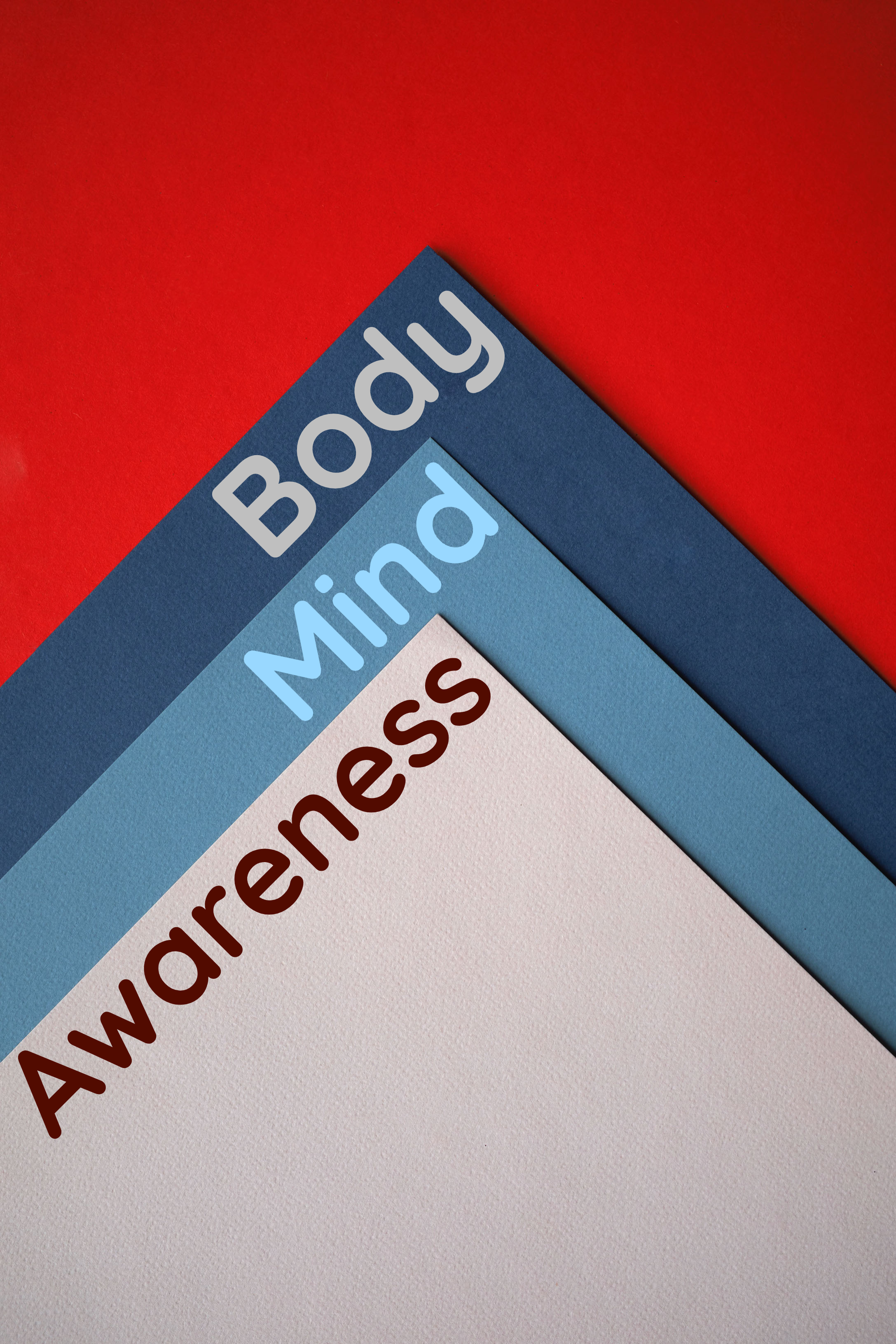Ego and love. Two facets of our inner world.
The body and mind have different needs. For the body, it is food, water, and air. Without food, the body may survive for weeks as long as there is a supply of water and air. Without water, survival is a matter of days, and without air, we cannot live for more than four minutes. The mind leans on desires, thoughts, and ego for its growth and survival. Attractions are endless, and the mind remains steadily occupied, thanks to our indulgence in them. When we refuse to partake in any desire, the mind will not immediately disappear. It will continue to project thoughts and experiences from the storehouse of the past, hoping to hook our awareness through variety and novelty. There is enough of a store of past impressions to last quite a while. While the mind continues to project, we may decide not to engage and interact with those projections, choosing instead to remain in a neutral witnessing state. The last line of defense for the mind is the ego. As long as we hold onto it, even in the subtlest of forms, traces of the mind will remain. From these proverbial ashes of the mind, the mind can quickly regain its former standing.
Without desires or thoughts, the mind may turn into emptiness, vast potential energy. The ego remains in this emptiness as not as a watchman, but an eager host should our awareness ever decide to return and take up residence there. If we have full control over our consciousness in every moment, we can safely ‘step’ into the mind unaffected by the lurking remnants of the ego and use that dormant energy to carry out some good in the world. The mind cannot be destroyed. It can, however, be groomed and cultivated to make it not just a beautiful and peaceful place, but an engine for growth in the world. The subtle infusion of ‘I’ or ego into that emptiness maintains that space as a separate entity from awareness. The mind continues to hang on to the ‘I’ as its life support. It is easy to make the ego grow and thrive, but it is challenging to relinquish one’s ego. The subtler it becomes, the more invisible it is, and consequently harder to remove.
We come into the world egoless and with a naked body. It is a time of significant vulnerability, and we are entirely helpless. It is also a time when we are protected through the embrace of the love showered by others. Infants don’t and cannot ask for love with words. Their invisible strength is pure, unadulterated innocence which makes others reciprocate with great love. When there is a combination of love and purity within us, it is easy for others to shower their love on us. There is no greater protection. Love creates a magnetic pull that draws the world in, unlike the ego which creates a shield that repels. Love and ego cannot grow and thrive at the same time. As one grows, the other diminishes. Love attracts, ego repels. The nature of love is to spread outwards. It is a soft energy that cannot be divided. Unconditional love has the power to disarm the most hardened minds. It is probably the only force that can unite the world. Everyone can call upon this force. It is not limited by barriers of language, culture, nationhood, gender or social standing, which dilute the unconditionality of pure love.
The force of ego is directed inward and is most concentrated in the individual aspect of our being. It works to bind thoughts, ideas, and feelings around the sentinel idea of separateness. Thoughts that accumulate around this nucleus strengthen the bonds of the ego with the mind. When there are enough thoughts to create and shape a mental edifice, it becomes our assumed personality. The physical body becomes secondary. The assumed personhood carries all our desires, dreams, pleasures, pain and suffering, hopes for the future, etc. This personhood is very fragile and defenseless. A single word uttered by someone taken out of context may inflict a deep, lifelong wound on our personhood. At the same time, our ego itself may have sharp edges, inflicting a similar injury on others. When we hurt others, they may do the same unto us. When we cause and receive injury on a psychological battlefield, we end up living amongst dead scars inflicted by ego, and not with the sweet fragrance of love.
When we don’t hold onto a highly personalized ego, no one can cause us psychological harm, or for that matter influence us with high praise. We become truly independent. Through our desires, the ego makes us dependent on the world. The ego creates the ‘one who seeks,’ and this 'seeker' is ever present in all our interactions. Everything that is sought in the world is related to that imaginary seeker. Without an ego, we would be impervious to most thoughts.
Desires have seeped into even the necessities of the body such as nutrition, influencing our taste buds, without worrying about the impact of the wrong type or excess food on the body. Desires can make us selfish and one-sided when it comes to our own body. For example, we let’s say we desire a higher experience such as transcendence, and we are told that it takes great sacrifice and austerities. As we put the body through such rigors, we start with the assumption that we own the body and its energy. The real owner of the physical body is existence. We have assumed control of the body through a false sense of ownership. When there is nothing we own, there is nothing we can offer in sacrifice. This realization dawns when the ego disappears.
The ego is like our shadow. A shadow can never claim it is a separate object. Similarly, the ego cannot exist independent of us. We can withdraw the ‘light’ the ego depends upon for its existence by a shift in inner awareness. Just as when the sun rises into the sky and fades back into the horizon, the size of our body does not change but the length of its shadow changes; when awareness rises or disappears, the footprint of the ego also varies. Awareness, when entangled with thoughts, casts a long shadow of the ego.
When awareness rises towards a peak, the shadow of the ego diminishes, just as when the sun is directly above us in the sky, the shadow it casts is minimal. However, even when awareness opens up and fully expands, the ego can continue to exist in a very subtle form. The moment we slip from a state of awareness, the presence of the ego will begin to be felt, and it can quickly grow back to its former glory.
“I am aware” signifies both awareness and ago. Awareness may be profound and present, but there is a very superficial layer of ego that can make us feel that we are in that state of awareness. All we probably can do at this stage is to continue being a witness to the state of “I am aware.” When awareness remains fixed, the ego gets finer and, and just as a layer of dust cannot sink a ship, the ego for all practical purposes cannot shake us out of present awareness. Consequently, the mind will not regenerate back to its prior form.
Awareness is a positive state, a state of fullness. The emptiness of mind or nothingness is a negative state due to the absence of thoughts, desires, and ego. Just as pockets of vacuum cannot exist under the canopy of the atmosphere around the earth, there cannot be emptiness within the sphere of awareness. Awareness itself fills that entire space previously occupied by the mind, and this happens when awareness is completely choiceless. Such awareness is not held back by localized phenomena like desires, thoughts or ego that link it to a particular body and mind. The energy of choiceless awareness radiates as unconditional love. Choiceless awareness and unconditional love are two sides of the same coin. Infants are choiceless but unaware, and they evoke unconditional love within us. Through effort, we can be choicelessly aware and turn into beacons of unconditional love.







